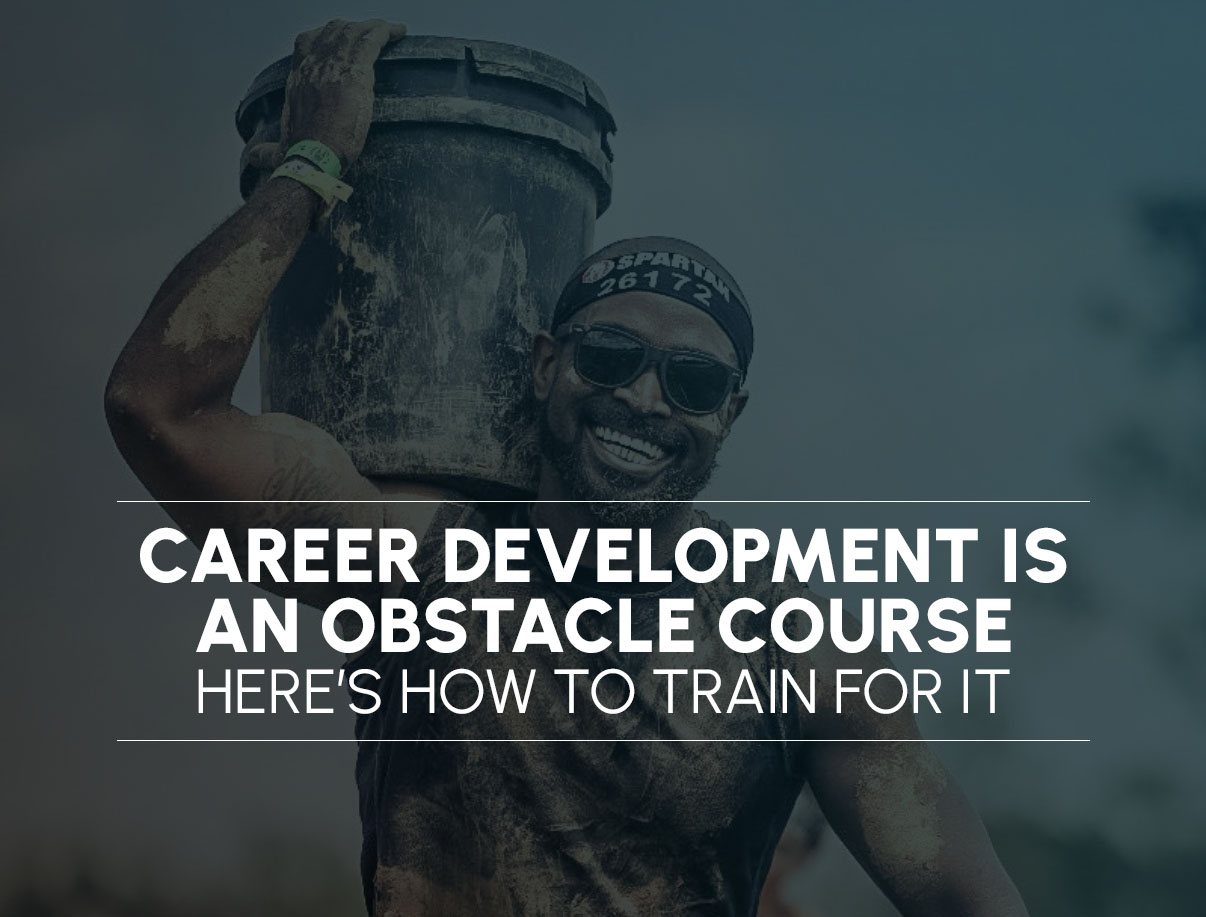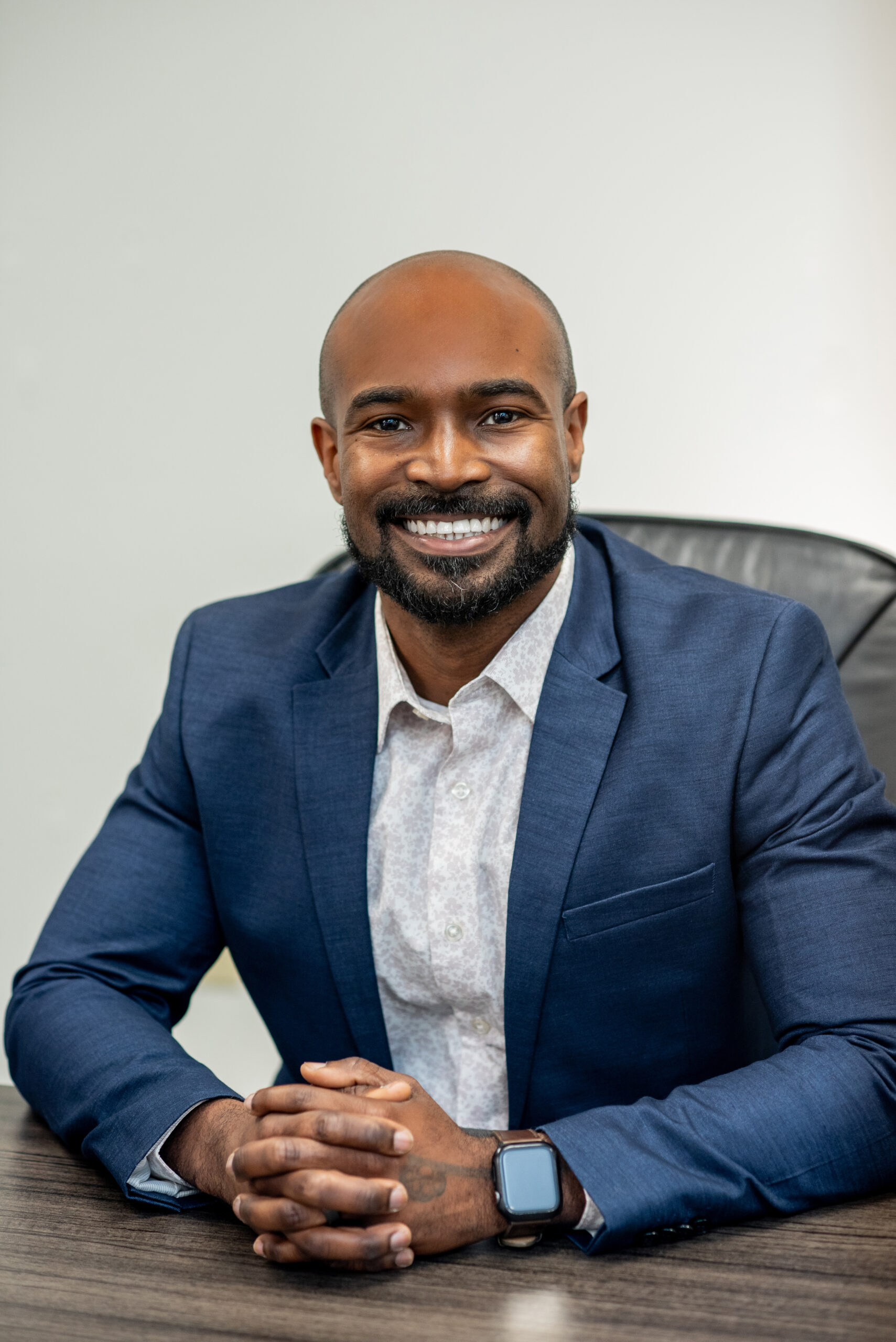
It was a hot and humid April day in North Carolina when I pulled on my compression socks, stretched, and knelt down to crawl beneath barbed wire and over a few large and medium-sized logs. This was just the path to reach the starting line of my 5K Spartan Race.
A 5K Spartan Race isn’t your typical run. It’s a 3.1-mile obstacle course packed with 20+ challenges like rope climbs, wall jumps, mud crawls, weighted carries, electrified wires to avoid, and grip-intensive rigs. It’s not just about speed or what place you finish in—it’s about endurance, resilience, and pushing through discomfort.
You read that right. I couldn’t even start the race until I had already overcome a series of obstacles.
From training consistently to researching how to prepare for the obstacles—cardio workouts, calisthenics, eating healthy, checking in with my partners, and coordinating travel to avoid jet lag—most of the effort was rooted in delayed gratification. I prepared with the belief that it’s better to be overprepared than underprepared. But couldn’t the same be said for other areas of life?
That moment reminded me of a hard truth: our careers are obstacle courses, too. And the race doesn’t start once everything’s perfect—it starts when you commit, despite the known or unknown challenges ahead.
Here are three takeaways from the experience:
Train Like the Goal Matters
Ninety days before race day, I signed up for an event 2,400 miles from home because my racing partners lived near the area, and it would be my first trip to Charlotte, North Carolina. I knew the distance and time zone would force me to take preparation seriously, so it was an extra incentive to create a solid plan and stay focused. No shortcuts allowed.
I was committed to being as confident and prepared as possible, but I had to recognize early on that there would never be a “perfect time” or a “perfectly prepared” version of myself.
I couldn’t let that keep me on the sidelines if I wanted to feel the fulfillment of completing the race. Commitment works the same way in our careers. When we set meaningful goals and truly invest in reaching them, we approach preparation with urgency and intention. We find resources like Chat GPT to help us form a plan, watch YouTube videos to improve our form, read for deeper context, and build a community to hold us accountable. We can’t passively wait for our goals to come to us—we have to run toward them.
Takeaway #1: Don’t wait for perfect conditions. Create accountability now to grow into the leader you’re becoming.
Expect Obstacles (and Face Them Anyway)
I trained for physical obstacles, but I didn’t expect how mentally taxing the race would be—fighting through exhaustion, doubt, and discomfort was just as challenging as the rope climb or bear crawl.
The race was held on a large farm, with creeks to run through, 3-foot-deep mud holes, and hidden roots ready to snag a shoe at any moment. I couldn’t focus on emails I needed to send or the laundry waiting at home. I had to be fully present, and sometimes we lose that same sense of mindfulness in our careers.
Many people make the mistake of not expecting adversity. We hope things will go smoothly, and when they don’t, we’re caught off guard, overwhelmed, and discouraged. Setbacks aren’t signs you’re doing something wrong—they’re proof you’re in the middle of the process. There is no forward progress without obstacles.
Takeaway #2: Struggle isn’t a detour—it’s the path. Build your mindset for what’s ahead, not just what’s ideal.
Fail Forward Like a Spartan
During my first Spartan Race, I faced the rope climb—a 20-foot challenge where you pull yourself up using your hands and feet, and ring a bell at the top.
A quarter of the way up, my hands began to slip.
My grip strength wasn’t strong enough yet. I struggled and had to complete 10 burpees as a penalty.
That was a year ago, but I didn’t let it stop me. In preparation for my race in Charlotte, I hyper-focused on grip strength. This time, I rang the bell in record time and gained new confidence in overcoming demanding tasks.
We all face moments when we’re not quite ready. But those moments aren’t disqualifiers—they’re checkpoints for growth.
Maybe your “burpees” are late nights working on public speaking. Maybe they’re long study sessions for a certification. Maybe they’re difficult conversations that push you to grow as a leader.
Whatever they are, don’t skip your “burpees.”
The goal isn’t just to survive the obstacle—it’s to train your mindset and skills so that you’re ready for the ones ahead.
Takeaway #3: Failure isn’t the end. It’s feedback. Adjust your grip, build your strength, and keep moving.
Find Your Hill to Climb
There will be “mud,” setbacks, and moments that test you. But your career isn’t measured by how smooth the road is—it’s about how you respond when it’s not. So… how do you want to respond?
Ask yourself:
- What race are you running?
- What have you already overcome?
- What are you training for now?
You don’t have to move fast. You just have to keep moving.
Want to Tackle Your Next Challenge Together?
If you’re preparing for your own Spartan Race—or a new season of growth in your career—I’d love to connect.
I’ll compete in another 5K Spartan Race on September 28th in Temecula, CA, and I’d love to race alongside a group of like-minded, growth-focused peers.
🖂 Email me at Corey.James@LewisMC.com to talk training, strategy, and growth.
Let’s overcome the next obstacle together.

